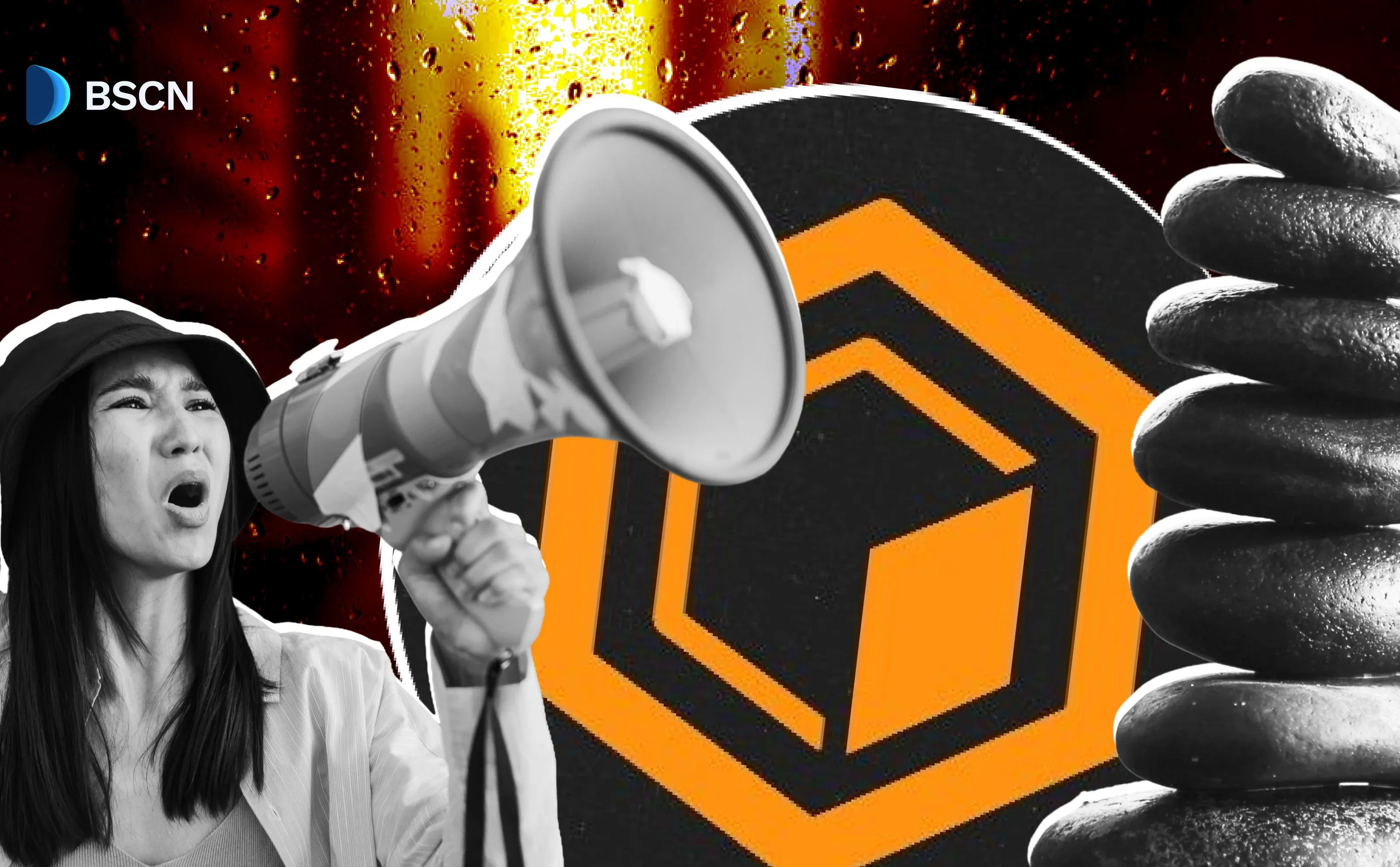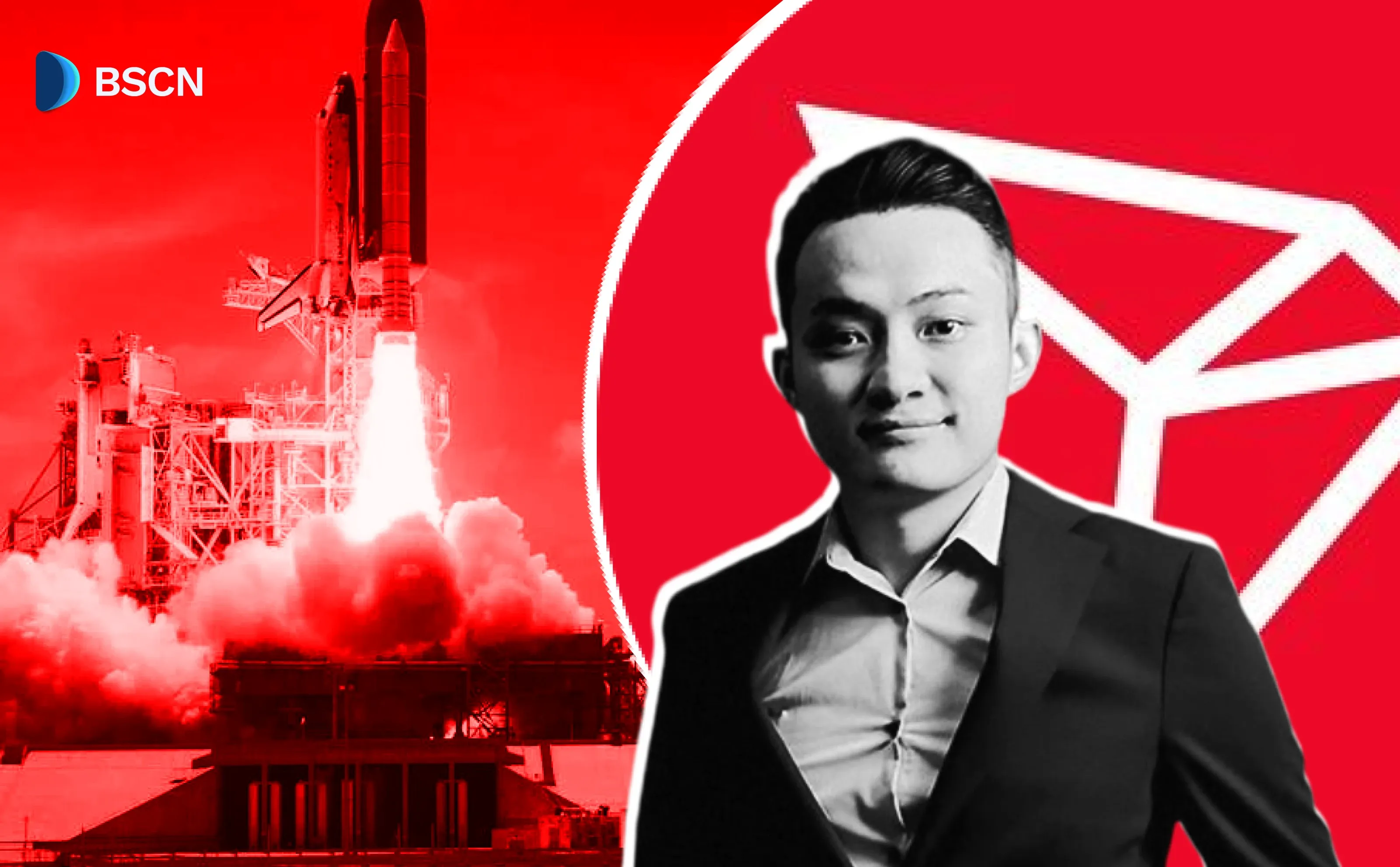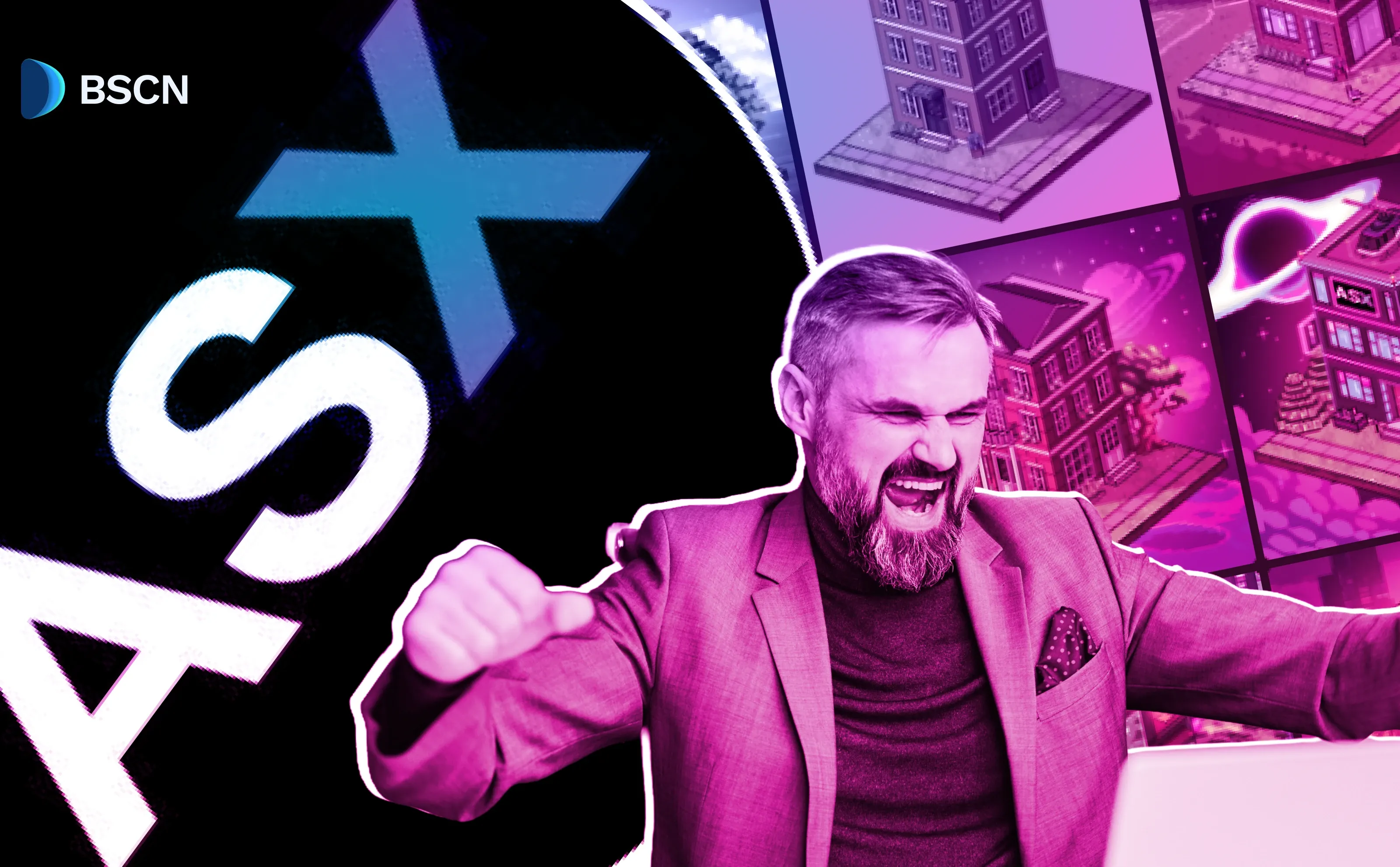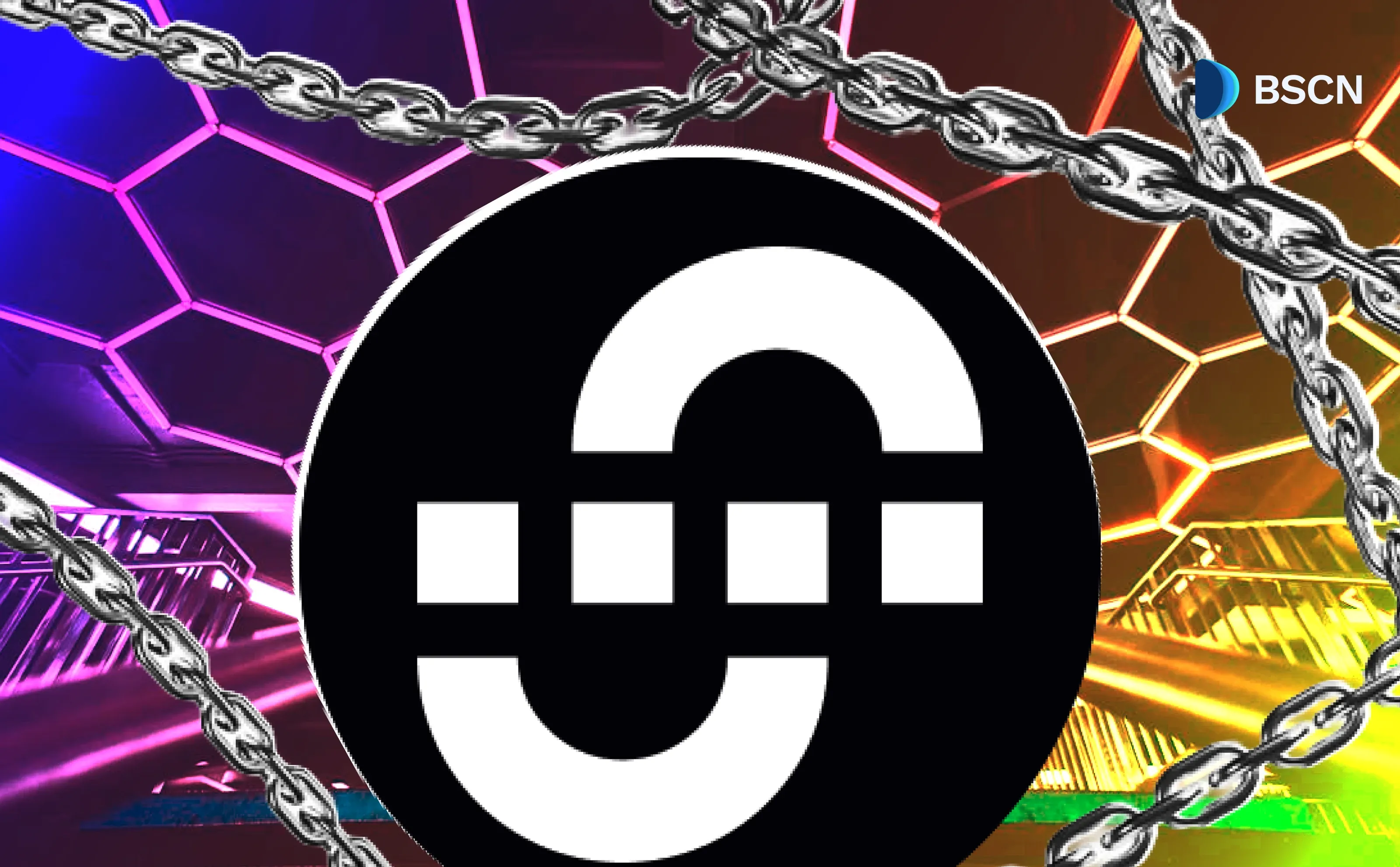WEB3
Top Blockchain Gaming Trends in 2024
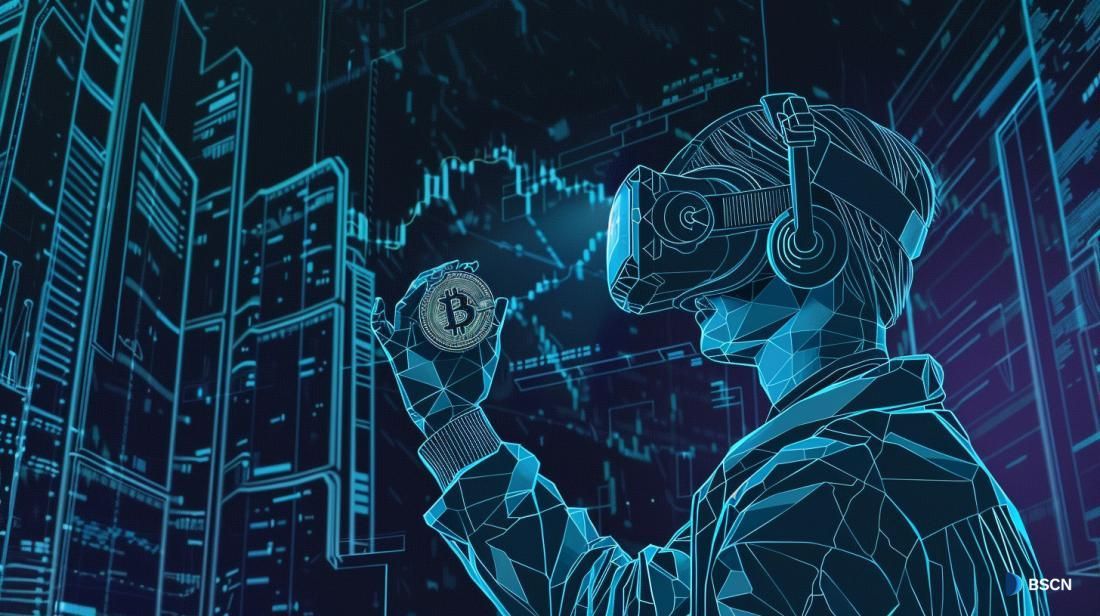
This article outlines the main developments in blockchain gaming for 2024. Find out how next-year technologies like NFTs, play-to-earn methods, and other discoveries will transform the industry altogether.
Soumen Datta
July 16, 2024
Disclaimer: The views expressed in this article do not necessarily represent the views of BSCNews. The information provided in this article is for educational and informational purposes only and should not be construed as investment advice. BSCNews assumes no responsibility for any investment decisions made based on the information provided in this article.
Rise of Play-to-Earn Games
Blockchain games are changing the gaming landscape by introducing real-world incentives like NFTs and cryptocurrencies, reinventing traditional gameplay.
These play-to-earn games, derived from decentralized finance (DeFi) protocols, encourage player participation by offering the opportunity to earn prizes while playing.
Similar to a Bitcoin casino, where players can gamble with cryptocurrency, these games allow players to earn money by completing tasks, hitting milestones, or participating in events.
This innovative approach to cash rewards enhances the gaming experience and offers players profitable opportunities worldwide.
Earning Rewards in Crypto Games
Blockchain games draw players in with its incentives. Known for being the best cryptocurrency games, these platforms allow players to earn cryptocurrency by completing in-game tasks and challenges.
These profits can be redeemed for in-game things or traded for real money, combining entertainment value with financial incentives. For instance, in the game Axie Infinity, users can win cryptocurrency by defeating Axies, virtual pets.
Conventional gameplay has become an engaging and lucrative pastime thanks to blockchain technology, which guarantees safe transactions and virtually endless possibilities for cryptocurrency gaming.
Real-World Value of In-Game Assets
Play-to-earn games use blockchain technology to provide in-game assets, such as currencies and objects, a real-world worth.
With this technology, digital assets—which represent in-game achievements—can be owned and transferred securely. Players on different platforms can exchange their virtual goods for real money.
The creation of player-driven economies in metaverse games, wherein in-game achievements have real-world worth, highlights this. This improves the gaming experience and creates a dynamic market for game assets by motivating players to put in more time and effort to earn a profit.
Best Play-to-Earn Games of 2024
Several excellent play-to-earn games have captured players' attention in 2024. Like Pokémon Go, Axie Infinity allows players to combat with Axies to gain Smooth Love Potion (SLP) tokens.
In this trading card game, Splinterlands rewards players for completing quests and winning fights. In the open-world game Illuvium, players can win ILV tokens by taking out legendary creatures.
Big Time mixes tokens and profitable NFTs with role-playing. Some noteworthy games that combine enjoyment and financial gain are My Neighbor Alice, Revv Racing, and Battle of Guardians.
Integration of NFTs in Gaming
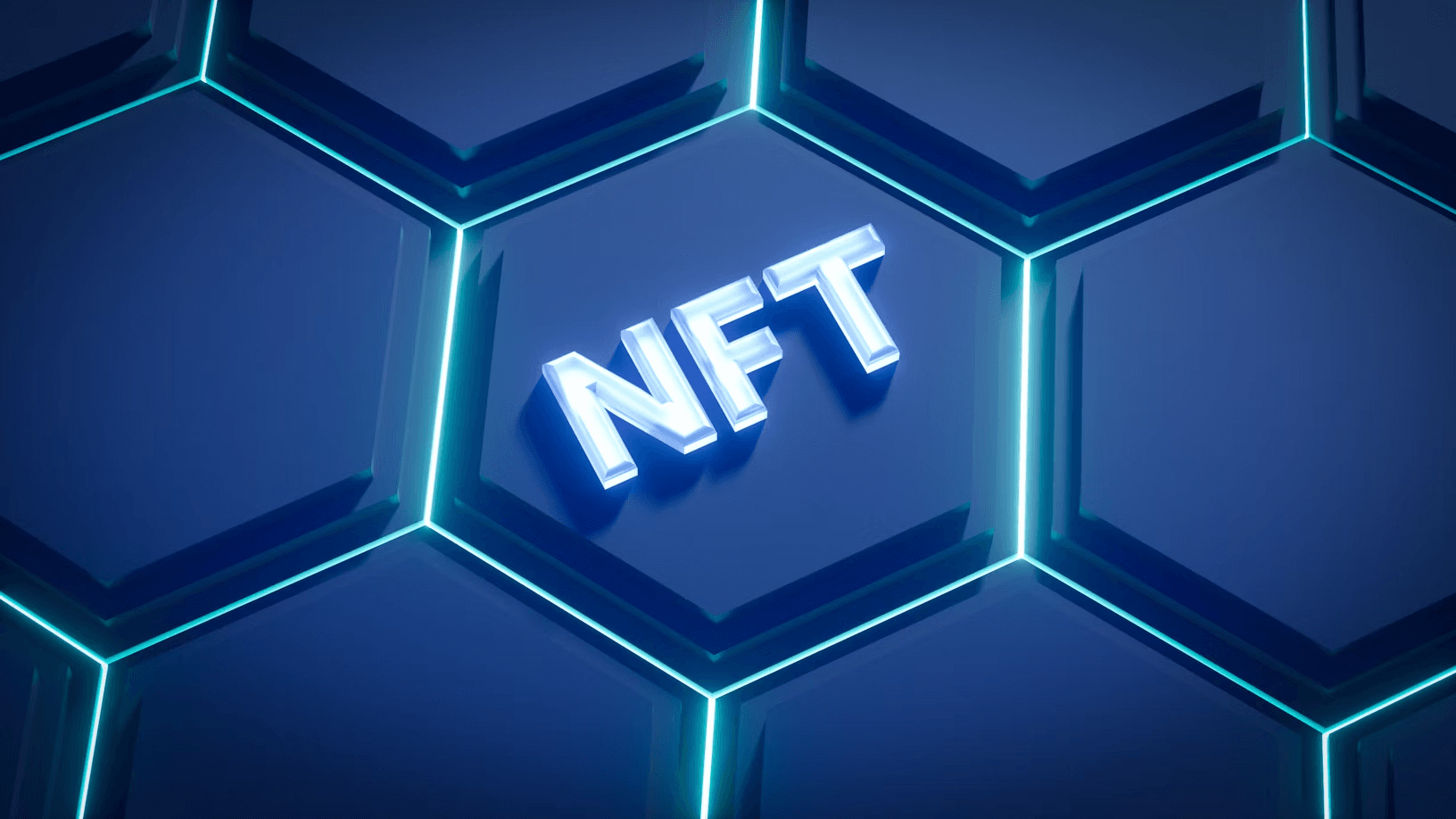
NFT integration has improved blockchain gaming by allowing digital ownership, trade, and customization of in-game assets, significantly improving player involvement.
Because these exclusive digital goods let players own, trade, and customize their gaming assets, they encourage a higher degree of engagement.
These components have sparked the development of thriving in-game marketplaces where users may purchase, sell, and exchange in-game goods.
This innovation adds a level of financial interaction to video games that wasn't there before.
Digital Ownership and Secondary Sales
NFTs have completely transformed digital ownership by granting players complete control over in-game assets and permitting independent exchanges on secondary marketplaces.
This new standard enables users to trade or exchange tokenized things across platforms to ensure uncontested property rights.
The verifiable nature of NFT ownership improves the game experience, increasing the legitimacy and dependability of in-game asset investments.
Royalties are paid out every time an in-game item is sold, giving game developers a steady income stream. Blockchain technology facilitates safe, decentralized transactions that increase transparency, lower fraud, and build confidence among all parties involved.
Popular NFT Games
Many NFT games are becoming increasingly popular by fusing blockchain technology with the attractiveness of traditional gaming.
Gamers can earn Bitcoin prizes by breeding and fighting valuable Axies in Axie Infinity. More than 450,000 people are trading cards on Ethereum in the NFT trading card game Gods Unchained.
Splinterlands hosts millions of player-versus-player matches every day on the HIVE blockchain. With MANA tokens, users can purchase and develop virtual land in Decentraland's virtual environment.
The Sandbox combines gaming with the economic possibilities of blockchain technology by enabling users to produce and exchange digital assets using SAND tokens.
Unique Digital Assets
NFTs provide in-game products with more exclusivity and verifiable ownership in video games. Players have actual power over each NFT since they are digital assets whose ownership is documented on the blockchain.
This allows for direct trading and selling, improving the gaming experience and adding value. Gods Unchained cards, for instance, are unchangeable digital goods that guarantee their scarcity and worth.
By enabling tokenized in-game surroundings, NFT technology increases player engagement and enhances the gameplay experience.
Enhanced Security and Transparency
Using blockchain technology in gaming improves security and trust by resolving typical problems with traditional games, such as fraud.
Vital cryptography techniques and decentralization protect player data and digital assets from online attacks.
Every transaction conducted in-game is recorded in the immutable ledger provided by blockchain, significantly lowering the possibility of dishonesty or manipulation. This guarantees the transparency and immutability of every transaction.
Secure In-Game Transactions
Blockchain technology uses cryptographic techniques to safeguard players' digital assets and personal information against attacks, ensuring safe game transactions.
Due to its intrinsic transparency, there is a lower chance of fraud because every transaction is recorded on an immutable ledger.
NFT integration improves asset exchanges by enabling players to purchase, sell, and trade goods using cryptocurrencies instead of going via conventional middlemen.
This technology transforms how gamers connect comfortably and enhances the gaming community by fostering trust and security.
Transparent Game Mechanics
Blockchain technology's transparency—primarily through smart contracts—benefits blockchain gaming.
These self-executing programs simplify in-game transactions, reliably enforce rules, lessen reliance on trust, and guarantee fair play.
Eliminating middlemen streamlines procedures and improves the entire gaming experience. Players feel more confident using smart contracts because they ensure unchangeable rules and guard against manipulation.
Their implementation has advanced the establishment of a transparent and equitable gaming environment significantly.
Virtual Worlds and Metaverse Games

Because blockchain technology makes immersive, interactive experiences possible, metaverse games are becoming increasingly popular.
These games combine virtual and real-world components, allowing users to interact with lifelike avatars, explore expansive environments, and have intricate social interactions inside a dynamic gaming environment.
Immersive Gaming Experiences
Advanced VR and AR technologies are used in metaverse games to provide immersive experiences that simulate interactions in the real world.
The distinction between digital and real life is blurred in these virtual worlds because of their vast landscapes, realistic avatars, and intricate social interactions.
Players may build, own, and monetize virtual worlds through games like The Sandbox and Decentraland, earning SAND and MANA tokens.
Interrupt virtual worlds increase player involvement, allowing for the transfer of identities and assets between different games. Illuvium, for instance, provides a variety of gameplay experiences within its networked realm.
Future of Metaverse Gaming
Metaverse gaming has a bright future ahead of it; by 2024, it is expected to grow to be worth $800 billion.
Significant technological investments and cutting-edge innovations, such as artificial intelligence and neural interfacing, will make virtual worlds more dynamic and lifelike.
As innovation continues, the metaverse will become more immersive and dynamic, changing the way we interact with virtual worlds and opening up countless opportunities for creators and players.
Governance Tokens and Player Empowerment
Blockchain games give players governance tokens, which allow them to actively participate in the development process and have a say in major decisions.
Because of this decentralized decision-making process, games can develop in a way that is greatly influenced by the community and the games themselves.
Decentralized Decision-Making
Decentralized governance is a feature in blockchain games that allows players to vote on decisions made in the game using unique tokens.
For instance, owners of AXS tokens affect the development of Axie Infinity, while holders of GALA tokens direct the strategic course of Gala Games.
In The Sandbox, SAND token owners also participate in platform development. Decentralization encourages participation and ownership in the community.
Community-Driven Development
In community-driven development, stakeholders participate in governance choices, vote on important initiatives, and provide input.
This encourages collective ownership and influences the course of the game. Blockchain game creators embrace this tendency, which values player feedback to produce successful, entertaining games that live up to player expectations and foster a lively, dynamic gaming community.
Author
 Soumen Datta
Soumen DattaSoumen has been a crypto researcher since 2020 and holds a master’s in Physics. His writing and research has been published by publications such as CryptoSlate and DailyCoin, as well as BSCN. His areas of focus include Bitcoin, DeFi, and high-potential altcoins like Ethereum, Solana, XRP, and Chainlink. He combines analytical depth with journalistic clarity to deliver insights for both newcomers and seasoned crypto readers.
Latest News
Crypto Project & Token Reviews
Project & Token Reviews
Comprehensive reviews of crypto's most interesting projects and assets
Learn about the hottest projects & tokens

